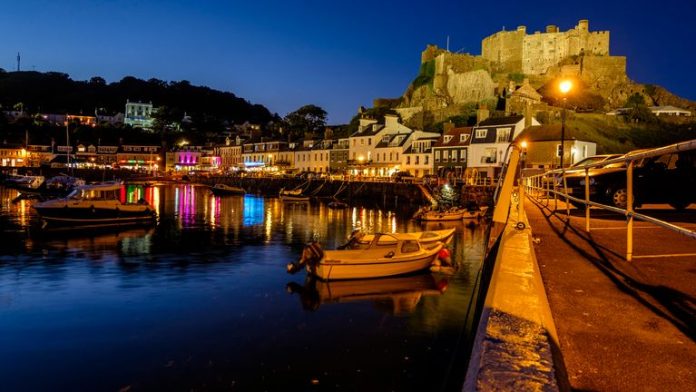The Arbitration Commission has issued an ambiguous ruling on the dispute over fishing rights between the UK and the EU after Brexit, the Permanent Court of Arbitration said on Friday.
The case, which could complicate the UK’s planned “reset” of relations with the bloc, concerned whether the UK’s ban on fishing for sand eels in North Sea waters violated the EU-UK Trade and Co-operation Agreement.
A three-person panel ruled that the ban in English waters was not “proportionate” and that the UK must take the necessary measures to comply with the ruling.
However, the panel rejected the EU’s arguments against the ban in Scottish waters, as well as the EU’s claims that the ban on fishing as a whole is discriminatory and not based on the best available scientific advice.
The UK said the ruling fully confirmed its decision to close Scottish waters and did not mean it was obliged to lift the closure of English waters.
“We welcome the clarity provided by this decision, and we will undertake a process in good faith to bring the UK into compliance on the specific issues raised by the tribunal. The ruling does not mean the UK is legally obliged to reverse the closure of English waters, and the decision to close Scottish waters was fully upheld,” a British government spokesperson said.
The European Commission said it was still analysing the ruling.
From a financial point of view, the case is not of great significance. The UK estimates the loss of revenue from fishing by other countries at £45 million in the worst case scenario.
The UK and the EU are preparing for a summit on May 19 that could lead to closer defence cooperation and pave the way for agreements to facilitate trade in agricultural products and food. The EU wants fishing rights in British waters to be part of the discussion.
The UK argues that the ban is necessary given the role of sand eels in the food chain of predators such as large fish, marine mammals and seabirds such as puffins.
British vessels do not catch sand eels, but these small eel-like fish are caught by Danish fleets and used as animal feed and a source of oil.
